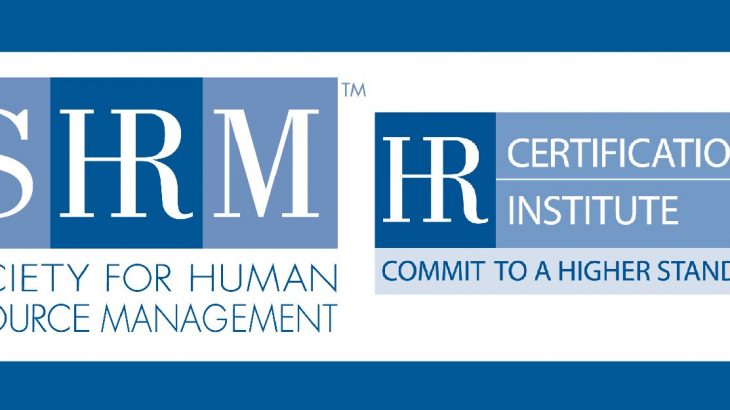If you have decided that it’s time to earn your professional accreditation, the next question is “which one?” HRCI or SHRM? PHR® or CP? SPHR® or SCP? Or one from each organization? Let’s dive into this topic and muddy the waters even more.
First of all, certification is important. It is not required to be able to practice in the field but it does give its holders an advantage with job opportunities and promotions. Further, it formally validates one’s professional skill level. So, you can put it off but you probably can’t avoid it forever. Besides, it gives you bragging rights when you are with a group of your peers as an official member of the HR intelligentsia.
The trouble with having two competing accreditation organizations is that it divides the HR community. An aspiring and ambitious HR practitioner must worry that they may face resentment from HR leaders who support the other certifying agency. The wrong choice may limit career opportunities. So, which should you choose?
First things first! In many ways, I see the SHRM certifications as clones of HRCI’s. When SHRM started awarding free CP and SCP certifications to holders of the PHR® and SPHR®, they themselves made it abundantly clear that they were trying to establish their certifications on par with HRCI’s. Thus, other than testing styles (SHRM has a lot more long-winded case studies on their tests), I don’t see much difference between the competing exams other than some subtle differences in their content and presentation.
So, what are our options?
Option 1: Some experts believe the HRCI exams are more suited for smaller employers because of their emphasis on employment laws. While other experts believe the SHRM tests are better suited for larger employers, as there is not such an emphasis on legal compliance since larger organizations usually have access to a general counsel. But this is all speculation, as there is no scientific data to prove that one is superior to the other, in any sized organization.
Option 2: If your goal is to simply hold a certification, either will suffice. HRCI does have a 40-year head start on SHRM and has excellent brand recognition right now in 2019. But SHRM has more money and a larger network and is closing the gap. However, I think this has been a race to the middle and neither holds a decisive advantage. Right now, it’s a stalemate. Both are sharing the market. Both are spending large amounts of energy and resources and neither are being very profitable with the result.
Option 3: There is one other alternative. Dual certifications are becoming more popular. Many of my candidates are hedging their bet by pursuing certifications from both SHRM and HRCI at the same time. If you’re going to spend the time and money to prepare for one certification, why not go for the other simultaneously? This wasn’t very common even a year ago but has become the norm in 2019. I can see this trend increasing into the near future. Also, there is not enough of a difference between the two to justify taking two separate cert-prep programs. If you take a prep program for the HRCI exams, you should concurrently be prepared to take and pass the SHRM exams.
Bottom line: The war between HRCI and SHRM still rages. We’ll have to continue to keep a close eye on who the eventual victor will be or if it will remain a stalemate between the two competing organizations. But right now, you can flip a coin and you won’t be wrong with your certification choice.





